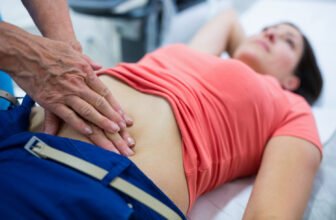The Hosst.com Platform uses a Digital Twin to help users manage their health by tracking, organising, and optimising healthcare activities. It provides personalised insights and assists with scheduling checkups, tests, and doctor visits.
Key features include:
- Symptom management: Recommends tests and treatments based on user input.
- Health data tracking: Monitors glucose, blood pressure, and more from health devices or manual inputs. Connects with your favorite apps and health monitors.
- Alerts: Warns of abnormal health signs and suggests corrective actions.
- Lifestyle recommendations: Offers diet, medication, and lifestyle tips based on health trends.
- Test result interpretation: Simplifies complex results and explains what they mean for the user.
- Preventive care: Sends reminders for checkups and suggests actions to prevent illness.
- Health scenario simulations: Predicts potential health outcomes based on current data.
- Product and service finder: Helps users find the right healthcare product or service.
- Doctor visit preparation: Gathers vitals, history, insurance, and questions for productive visits, with easy sharing to doctors.
- User-friendly: Ask in your own words, available on tablets, desktops, and mobile devices.
The platform simplifies health management and improves well-being. Free and easy to use and no installation required, get started today.
Disclaimer: The information provided in these articles is for informational purposes only and is not a substitute for professional medical advice, diagnosis, or treatment. Always consult with a qualified healthcare professional before making any decisions about your health or starting any treatments.
Photo credits Freepik.com





